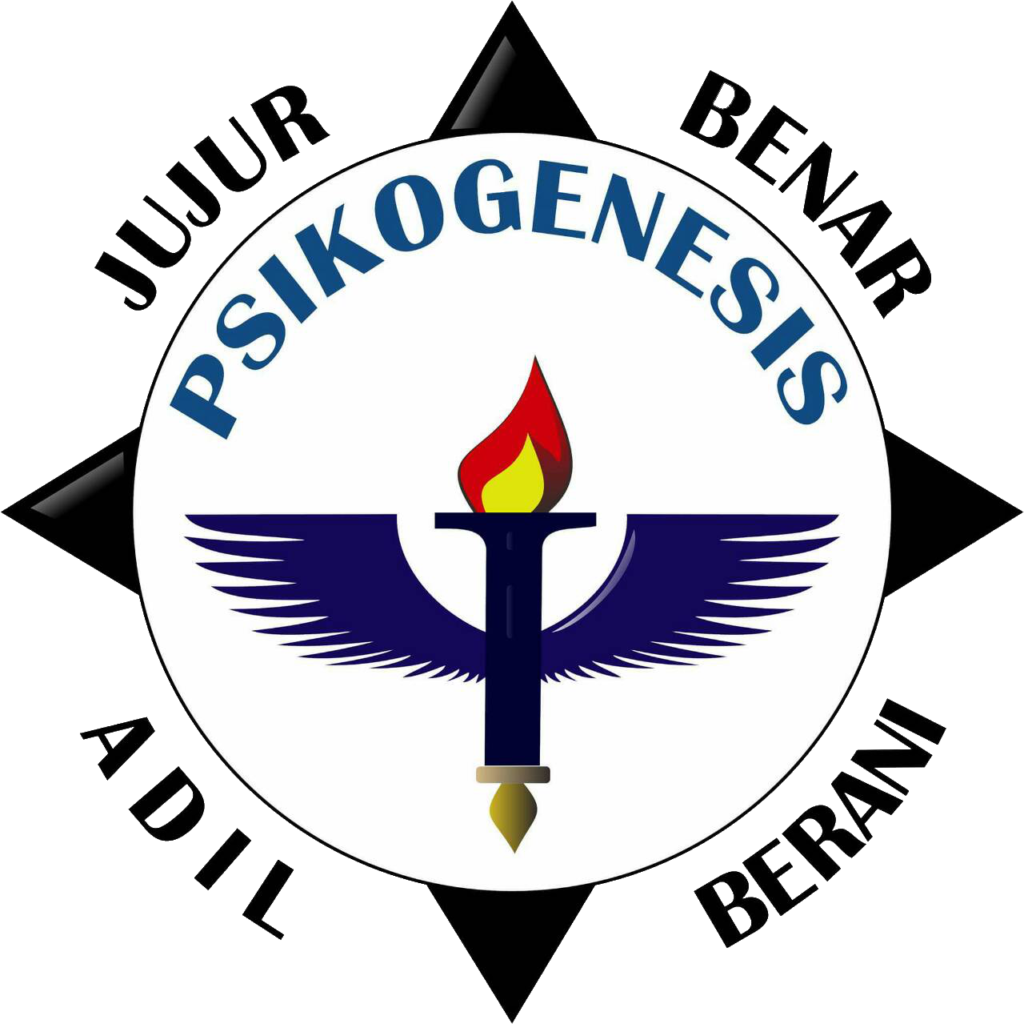At the recent Global Health Conference, Dr. Emily Roberts presented compelling research on the impact of Stromectol in treating various parasitic infections. This groundbreaking drug has been pivotal in addressing significant health issues worldwide, particularly in developing nations where parasitic diseases are prevalent.
The Role of Stromectol in Public Health
Stromectol, also known by its generic name Ivermectin, has been widely recognized for its effectiveness against several parasitic infections. The drug works by paralyzing and killing parasites, making it a vital tool in the fight against diseases such as:
- Onchocerciasis (River Blindness)
- Lymphatic Filariasis
- Strongyloidiasis
- Scabies
Key Benefits of Stromectol
Stromectol has several significant benefits that contribute to its prominence in treating parasitic infections:
- Broad-spectrum efficacy against multiple parasites
- Oral administration, making it easy to distribute
- Low cost and accessibility in low-income regions
- Minimal side effects for most patients
Current Challenges and Future Directions
Despite its effectiveness, there are ongoing challenges in the deployment of Stromectol. Some of these include:
- Resistance development in certain parasite strains
- Access issues in remote areas
- Need for continued education on proper usage
Upcoming Initiatives
In light of these challenges, the global health community is actively pursuing initiatives to enhance the distribution and effectiveness of Stromectol. A significant conference is scheduled for next year, where experts will discuss advancements and strategies to overcome these obstacles.
| Parasitic Infection | Global Prevalence | Treatment Availability |
|---|---|---|
| Onchocerciasis | Over 18 million affected | Widespread |
| Lymphatic Filariasis | About 120 million affected | Increasing access |
| Strongyloidiasis | Estimated 370 million infected | Limited |
| Scabies | Up to 300 million cases annually | Common |
FAQ
What is Stromectol primarily used for?
Stromectol is primarily used to treat parasitic infections such as onchocerciasis, lymphatic filariasis, strongyloidiasis, and scabies.
How does Stromectol work in the body?
The medication works by paralyzing and killing parasites, thus alleviating the symptoms of the infections it targets.
What are the common side effects of Stromectol?
Most individuals experience minimal side effects; however, some may experience dizziness, nausea, or skin rash.
When is the next conference about Stromectol expected?
A significant conference focusing on Stromectol and its impact on public health is anticipated next year, where experts will discuss ongoing challenges and future directions.
Summary
Stromectol continues to be an essential part of the global health toolkit in combatting parasitic infections. As highlighted by Dr. Emily Roberts at the Global Health Conference, ongoing research and future conferences will be crucial in addressing the challenges associated with its use. With the commitment of health organizations and researchers, the fight against these diseases remains a priority, ensuring that effective treatments like Stromectol are accessible to those in need.


